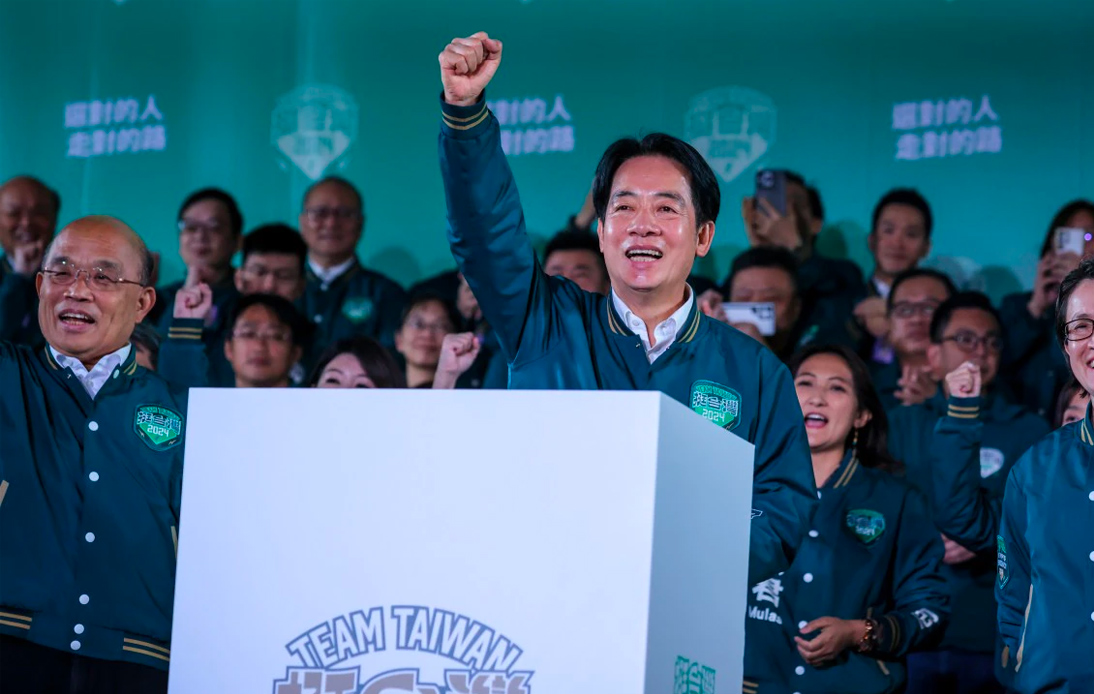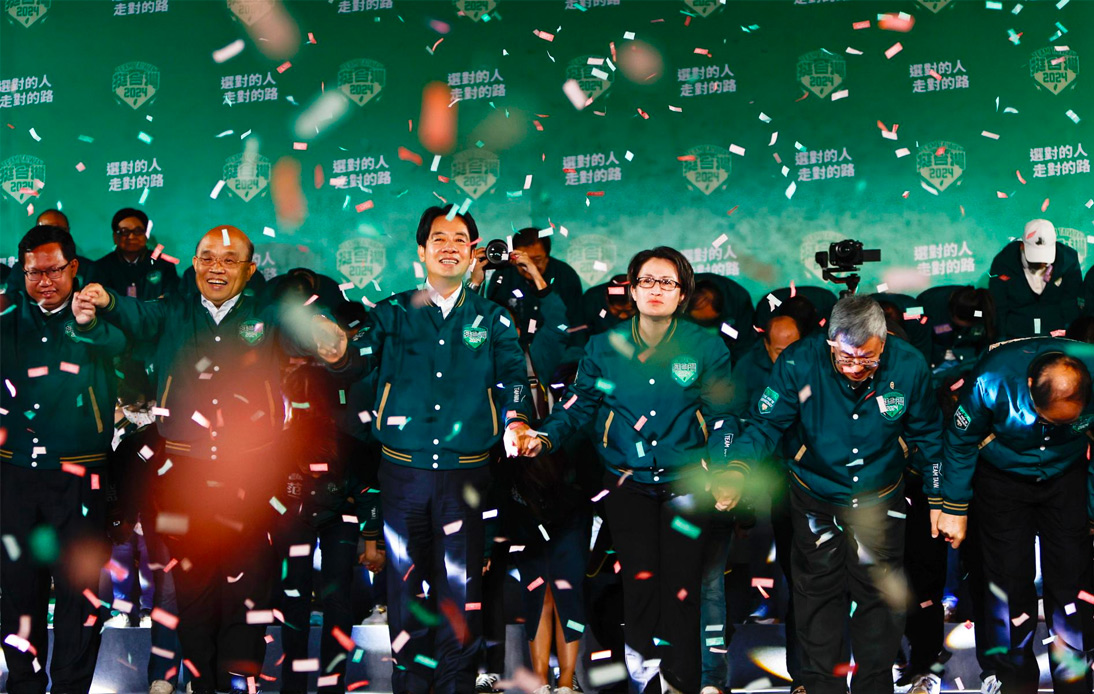
In a pivotal election, the people of Taiwan elected pro-sovereignty candidate William Lai as their president, charting a course increasingly divergent from China.
Beijing expressed displeasure with the election outcome, asserting in a statement after the results that “Taiwan is part of China.”
Despite advocating for “peaceful reunification,” Beijing has not ruled out the possibility of using military force.
China framed the Taiwanese election as presenting a stark choice between “war and peace.”
In recent months, there has been an escalation of China’s military activity near Taiwan, heightening concerns about potential conflict.
The communist leadership in Beijing has strongly opposed Mr. Lai and his Democratic Progressive Party (DPP), which has led Taiwan for eight years.
Mr. Lai’s victory marks a historic moment, securing a third consecutive presidential term for his party. In his initial remarks after the victory, he emphasized the unalterable nature of this path.
“We will continue moving forward in the right direction. There will be no turning back,” he declared to the international press.
Addressing a jubilant crowd in Taipei, Mr. Lai described his victory as a testament to democratic values.
“We have prevailed. Our election was free from external influences. We assert our right to choose our leader,” he stated. Taiwan had previously accused China of meddling in the election process.
Mr. Lai also extended a message to China, advocating for increased dialogue and exchanges over confrontation and conflict, and calling for peaceful coexistence with Beijing.
He emphasized maintaining the current cross-strait dynamics, striking a balance between not seeking independence or unification, and vowed to protect Taiwan from Chinese threats.
Beijing has denounced Mr. Lai as a “separatist” and “troublemaker” due to his earlier pro-independence statements, which it considers a major provocation.
However, recently, he has indicated that he will not pursue formal independence.
Following the election, China’s Taiwan Affairs Office reiterated that Taiwan’s elections cannot stop the inevitable trend toward reunification and claimed that the DPP does not represent the mainstream public opinion in Taiwan.
The United States, Taiwan’s principal ally, quickly congratulated Mr. Lai. Secretary of State Antony Blinken praised Taiwan’s democratic system and electoral process.
In a statement, Blinken affirmed the U.S. commitment to maintaining peace and stability across the Taiwan Strait, while President Joe Biden stated that the U.S. does not support Taiwanese independence.
Celebrations erupted at the DPP’s headquarters in Taipei following the election.
“I’m so happy now. Most Taiwanese people want to protect our democratic lifestyle,” said Cheng Yu-tsai.
“I don’t care [how China reacts]. We have to uphold our values and insist on what we think is right, and move forward,” said Wei Yi-tsai.
Mr. Lai won 40% of the vote, comfortably ahead of Hou Yu-ih from the main opposition Kuomintang (KMT) party, known for its Beijing-friendly policies. Since 2000, Taiwan has alternated between the DPP and the KMT.
The Taiwan People’s Party, led by maverick Ko Wen-je and popular with young voters, made a significant impact in its first political foray.
In addition to the presidential election, legislative elections were also held. The DPP lost its majority, with the opposition making gains. However, no single party now has enough seats to control parliament, according to Taiwanese media reports.
Analysts suggest that a legislature dominated by the opposition, coupled with a DPP president, could make governing Taiwan more challenging.





















